Myocarditis, COVID-19 & the Vaccine
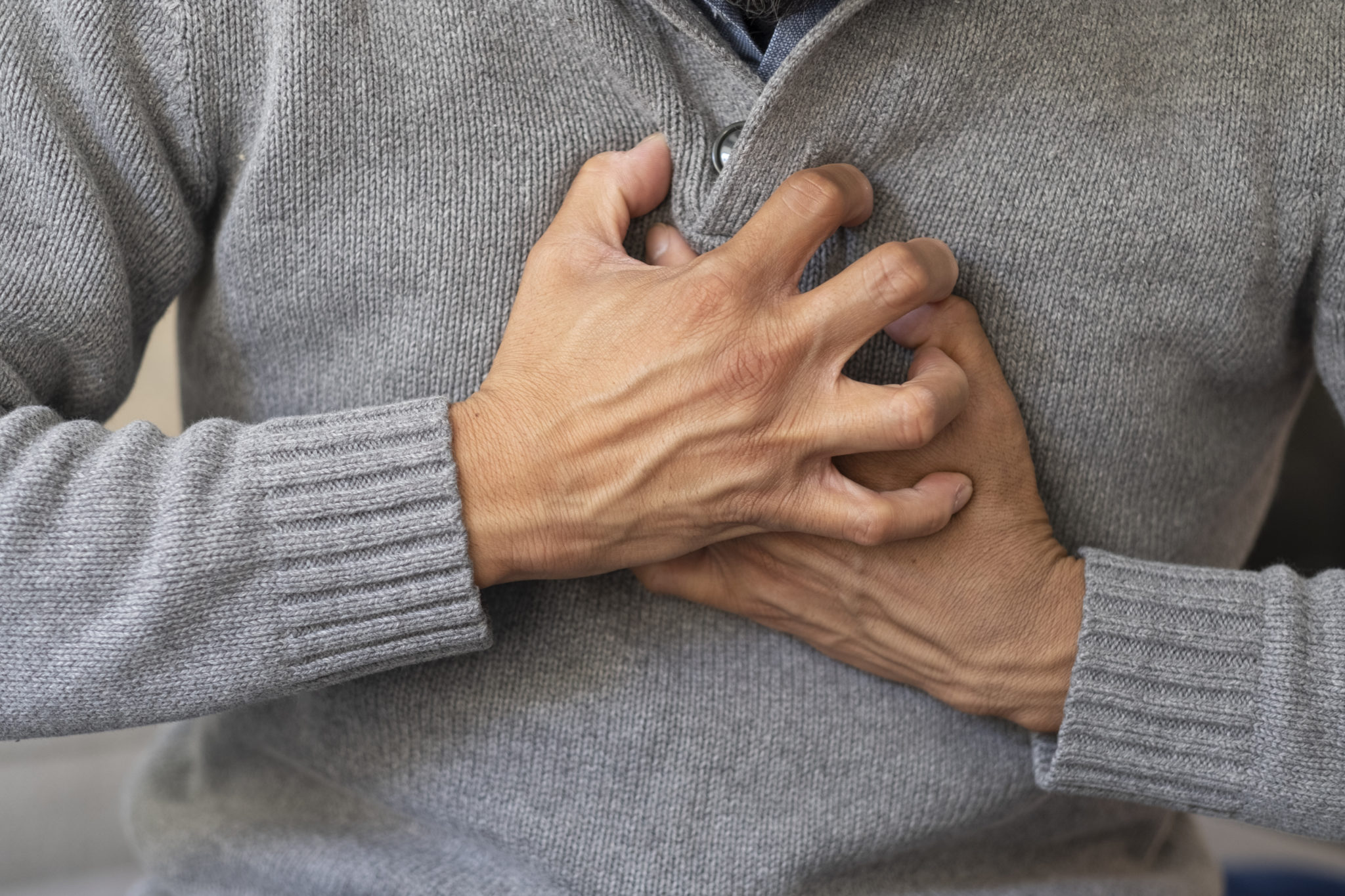
November 15, 2021
A rare heart condition, myocarditis, may have you wondering, should I get the COVID vaccine? Should I get my child vaccinated?
To help us understand this heart condition and if there is substantial risk from COVID-19 or the vaccine, we connected with cardiologist Brett Sealove, M.D., chief of cardiology at Jersey Shore University Medical Center, and Meghan Tozzi, M.D., a pediatric cardiologist at the Joseph M. Sanzari Children's Hospital at Hackensack University Medical Center who is part of the Pediatric COVID Recovery Center team.
What is myocarditis and pericarditis?
Myocarditis is the inflammation of the heart muscle and pericarditis is inflammation in the outer lining of the heart; both are typically a response to a viral infection.
Can you get myocarditis from COVID-19?
Yes, you can get myocarditis from the COVID-19 virus.
In a study from the CDC, patients infected with COVID-19 were 16 times more likely to have myocarditis than patients without COVID-19.
Can you get myocarditis from the COVID-19 vaccine?
The CDC has reported that heart inflammation is a rare side effect that can occur from the COVID vaccines.
Cases reported have been seen more often in young males, after the second dose and within a few days after vaccination.
“We have seen myocarditis in older children and young adults as a result of the vaccine, but even in the highest risk group, 16 to 29 year olds, the risk is one in 40,000, that’s .003%,” explains Dr. Tozzi.
“The risk of getting myocarditis from getting vaccinated is markedly lower than getting myocarditis (or significantly ill) from the COVID virus itself,” explains Dr. Sealove. “The answer is, you want to prevent COVID infection in your body, including COVID potentially impacting your heart.”
Symptoms of myocarditis and pericarditis include:
- Chest pain
- Shortness of breath
- Fever
- Heart pounding, racing or fluttering
- Dizziness or fatigue
“For children, the symptoms can be a bit unclear, as it can present in a similar way to things like a cold or other viruses,” adds Dr. Tozzi. “If your child has COVID-19 or recently received the vaccine, keep an eye on their symptoms and contact their doctor if you have any concerns.”
How do you treat myocarditis?
“It’s usually fairly conservative - watch, wait and have them recover on their own. There’s really no great remedy for treatment of myocarditis other than supportive care,” explains Dr. Sealove. “The vast majority of these cases recover on their own.”
“It is a rather mild version of myocarditis that develops after vaccination. Children tend to bounce back quickly, get better on their own and return to school in a few days,” adds Dr. Tozzi. “And again, the risk for myocarditis from the vaccine is very small, and expected to be an even lower risk in the five to 11 year old age group.”
Key Takeaways
- Getting vaccinated is your best protection against serious illness from COVID-19, including risks like myocarditis.
- Myocarditis occurs more frequently among those who have the COVID-19 virus, than those who got vaccinated.
“I would argue that getting vaccinated and vaccinating your children is the number one priority, rather than concern about a relatively low risk, reversible complication of vaccination,” adds Dr. Sealove.
“The benefit of being vaccinated, across the spectrum of the ages, appears to far outweigh the risk of myocarditis,” concludes Dr. Sealove.
Next Steps & Resources:
- Meet our sources: Brett Sealove, M.D. and Meghan Tozzi, M.D.
- To make an appointment with Dr. Sealove or Dr. Tozzi, or a doctor near you, call 800-822-8905 or visit our website.
- Schedule you or your child’s COVID-19 vaccine appointment.
The material provided through HealthU is intended to be used as general information only and should not replace the advice of your physician. Always consult your physician for individual care.
The Truth About COVID-19 Vaccines
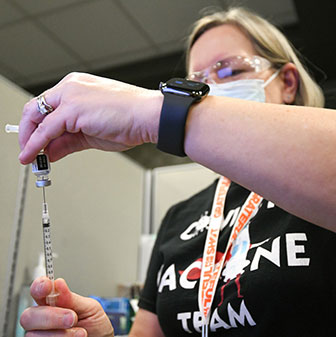
False and misleading information about COVID-19 and vaccines seems to be spreading on social media. Here, we debunk some of the more common claims.
When to Use an At-Home COVID Test Kit

If you enjoy accomplishing things while staying put, you may even be able to find out whether you test positive for COVID-19 without visiting a testing site
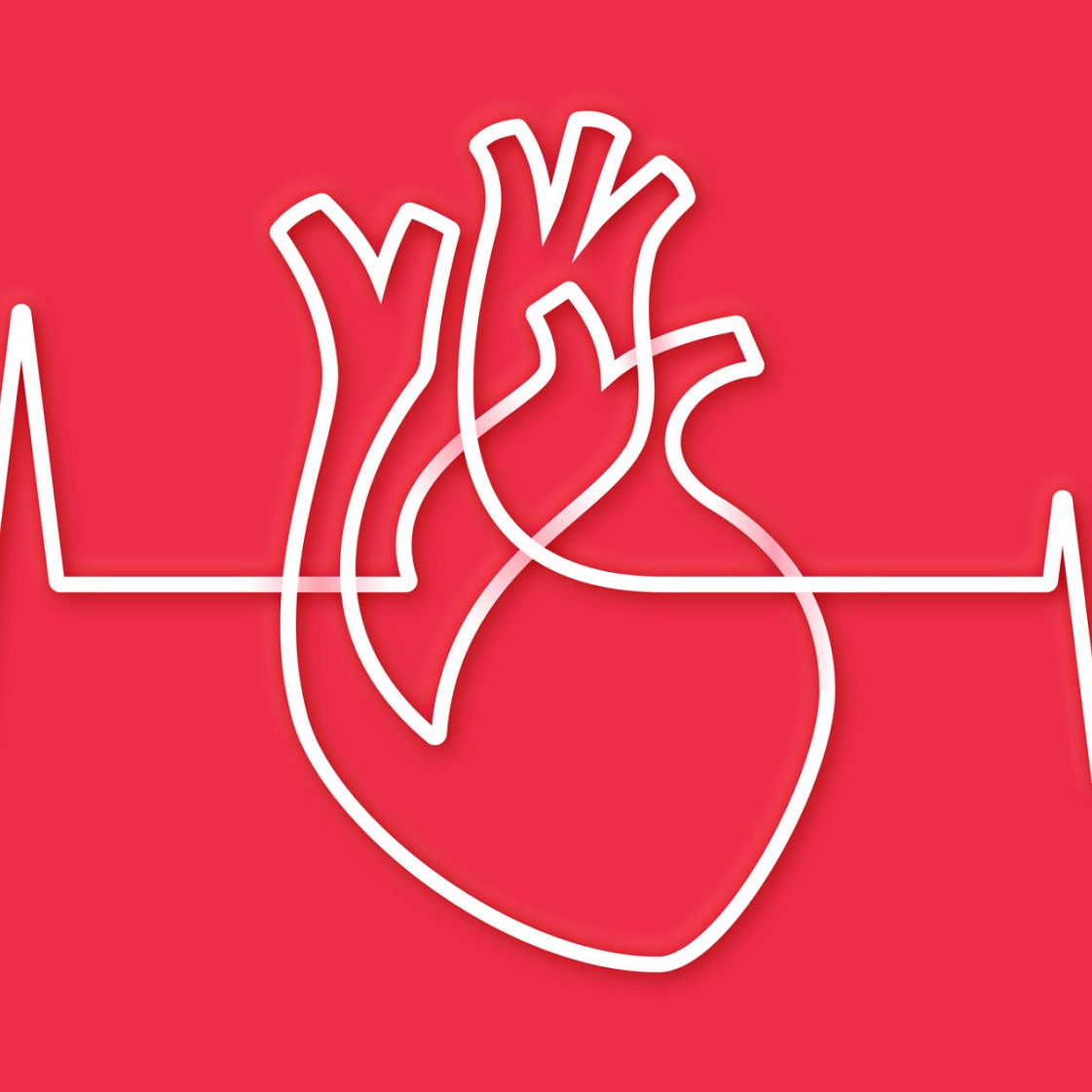
Surprising Signs You May Be Having a Heart Attack
When people have heart attacks in movies, they usually clutch their chests dramatically, break out in a cold sweat and drop to the floor. In real life...

How COVID-19 Affects Kids
It’s not just adults who are experiencing long-lasting complications from COVID.
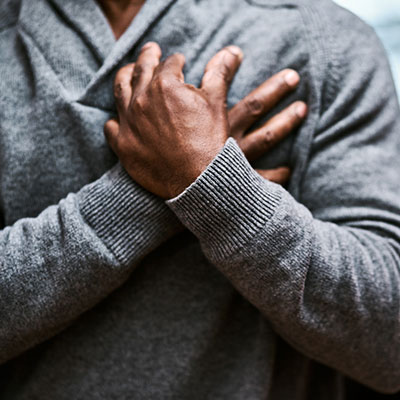
Can COVID-19 Cause a Heart Attack?
If you’re experiencing signs of a heart attack, it’s urgent to get to the hospital quickly, to get the care that you need.
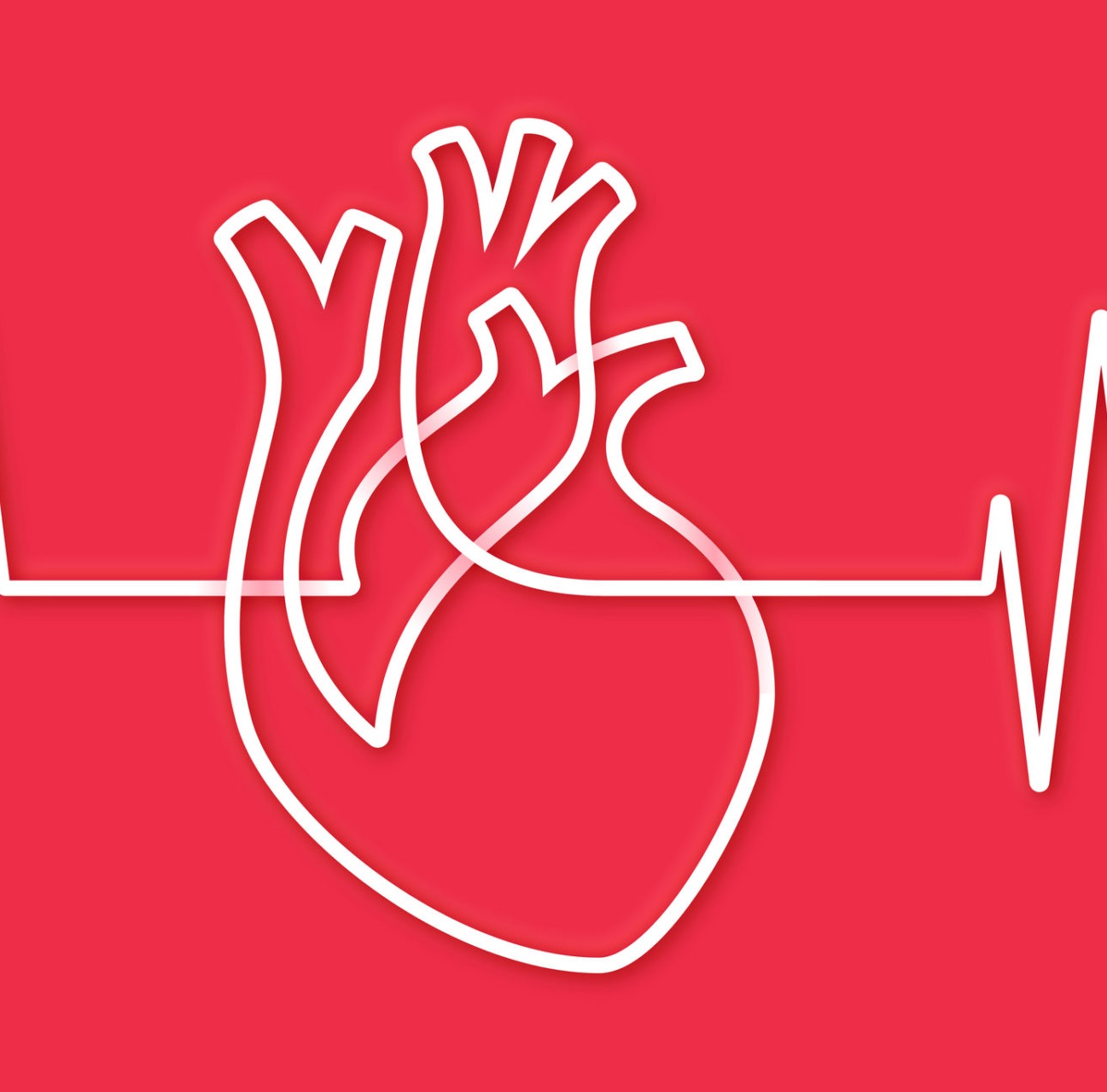
Is it a Heart Attack? Watch for These Less Common Signs
You may know chest pain, tightness and pressure are classic clues of a heart attack, but a wide range of equally concerning symptoms don’t fall under these “textbook” heart attack signs,